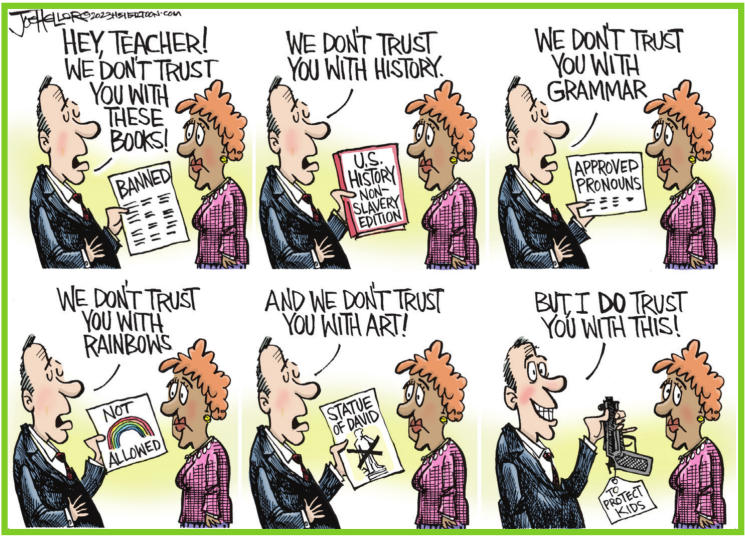Corporate retailers stand to benefit while consumers, businesses will lose
BANKING
At the end of 2022, Congress came together to prioritize what matters in the end-of-year omnibus spending bill. It included funding for 105 New Hampshire-specific projects like our food banks, public libraries and local emergency services. Additionally, the billions in funding for housing assistance, nutrition access, child care, and help with utility bills are a lifeline for folks struggling to keep up with inflation.
I am also glad that Congress kept out language that will hurt consumers. Numerous big-box retailers like Amazon and Walmart were pushing to add the Credit Card Competition Act (CCCA), which would expand an old debit-card policy to credit cards and save them a fortune.
While CCCA did not make it into the omnibus, I have no doubt that greedy big-box stores and their corporate retailers will push the bill sponsors to reintroduce it in the 2023 legislative session. Looking at all the harm the original debit regulations caused consumers, I can say confidently that this will hurt consumers.
After the original debit amendment, big-box stores like Walmart and Amazon raked in an additional $106 billion in profits, yet consumers saw little to no benefit. The Richmond Federal Reserve discovered that 98 percent of retailers either raised prices or kept them the same after the amendment. Then, when banks saw these billions-of-dollar losses, they shifted the losses onto our shoulders by cutting free checking and adding new and higher account fees.
A 2017 Federal Reserve study found free checking declined by 35 percent at large banks and 15 percent at small banks, contributing to indirect consumer losses of $22 billion to $25 billion, according to a University of Chicago report. Out of all Americans, marginalized communities felt these losses the hardest.
Since our nation’s credit market is massive, passing CCCA would be catastrophic to consumers’ pockets. Banks will lose billions, which they will pass on to consumers by raising interest rates, hiking up fees, cutting rewards programs and raising credit standards. This will transfer $40 billion to $50 billion a year away from Americans and into the pockets of big-box stores.
We can also look at other countries’ mistakes to confirm CCCA is a bad idea. In Australia, the Reserve Bank added similar regulations to credit that limited interchange fee revenue. Now, there are virtually no free credit cards and consumers pay hundreds in account fees each year. Credit cards are more expensive and less accessible for every Australian.
Consumers are also faced with a security risk associated with the CCCA. Interchange revenue funds consumer security measures and protection from credit card fraud schemes, so they are not held liable for fraudulent transactions. It has been a tremendous success.
In 2019, Mastercard found that banks absorbed more than $45 billion from fraudulent transactions and people not paying their credit-card bills. Routing mandates mean that our credit cards will have to open up to additional networks, frequently cheaper because they skimp on security. If transactions are routed over an alternative network that does not have the same level of security, it could put consumers, merchants and financial institutions at risk.
This kind of legislation will impact New Hampshire and family-owned hospitality businesses. With inflation, rising gas prices and costs soaring at the grocery store, Granite Staters and small businesses can’t afford another hit to their finances.
The CCCA has created layers of uncertainty; we are unsure if there will be language in a forthcoming bill that will include locking interchange fees for credit cards, like the initial Durbin amendment. Between limited access to credit cards and compromised consumer safety, the CCCA doesn’t make sense for New Hampshire’s small businesses or consumers, who pay for those additional costs on products and services.
The impacts of this bill are clear: fewer options for consumers, greater threats to consumer data and privacy, weakened community banks and credit unions, and the disappearance of card rewards programs that families of all income levels use to stretch their budgets.
Steve Shurtleff is a Democratic state representative from Concord.
